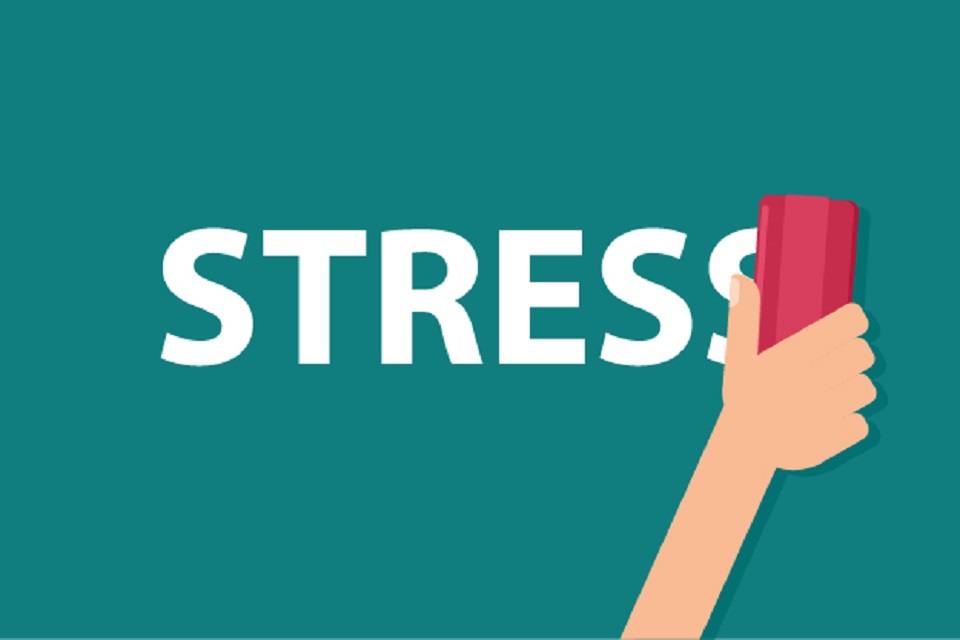Greetings, dear readers! As we observed April as Stress Awareness Month, it’s crucial that we provide students with guidance on how to deal with the stress that arises from various sources. In previous articles, we explored the impact of stress on students’ mental and physical health.
In this article, we’ll explore some effective stress management techniques that every student must practice to maintain their physical and mental health.
- Time Management: – Time management is one of the most common reasons for stress among students, as they often believe that they do not have enough time to complete their assignments. Therefore, it is essential for students to efficiently manage their time by creating a to-do list. This will help them prioritize their tasks and allocate sufficient time to each of them. Time management skills will not only reduce stress but also improve productivity and aid in academic achievement.
- Regular Exercise: – Regular exercise is an effective stress management technique. During exercise, endorphins are released, which are natural mood boosters that alleviate tension and anxiety. Furthermore, physical activity improves overall health and energy levels, which might help students deal with academic problems more efficiently.
- Meditation and Relaxation Techniques: – Meditation and relaxation are stress-management practices that direct students’ attention to the present moment. Meditation involves focused breathing or the repetition of a mantra. Deep breathing and progressive muscle relaxation are relaxation strategies that can help students reduce stress and anxiety. These techniques can be used anywhere and at any time, providing immediate stress relief.
- Prioritize Sleep: – Sleep is essential for physical and mental well-being. Sleep deprivation can lead to increased stress, exhaustion, and reduced productivity. Therefore, students must prioritize sleep and ensure they get adequate sleep every night.
- Eating Health: – Eating a well-balanced and healthy diet can also help students cope with stress. A diet rich in fruits and vegetables, whole grains, and proteins can provide important nutrients that improve both mental and physical health. Additionally, eliminating caffeine, sugar, and processed foods can help students maintain consistent energy levels and reduce mood swings.
- Focus More on Hobbies: – Hobbies and leisure activities can provide students with a much-needed break from academic demands and help them relax and unwind. Hobbies such as reading, listening to music, or creating art can bring a sense of accomplishment and enjoyment, which can help alleviate stress.
To maintain a healthy balance between academic and personal life, it is essential for students to effectively manage their stress. Engaging in regular physical activity, practicing mindfulness, cultivating healthy sleep habits, and seeking support from friends and family can help reduce anxiety levels, promote productivity, and improve overall well-being.
I hope you’ll follow these techniques and enjoy stress-free college life! Remember, work hard (or smart!) but don’t forget to have fun.


















